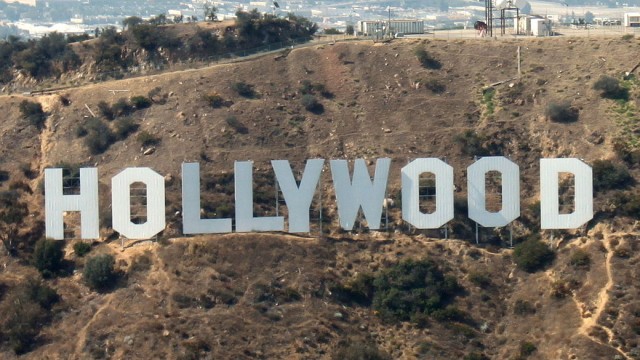I grew up in Altadena, California, in Los Angeles County. In 1995, I graduated from high school and moved, for reasons, to Port Angeles, Washington. Port Angeles is out on the Olympic Peninsula, essentially pointed to by Vancouver Island. It’s about a three-hour trip to Seattle, despite only being 77 miles, because you have to either take a ferry or else drive south and around Puget Sound and back up again. The nearest mall is across an international border, in Victoria, British Columbia.
What’s the point? The point is that people in Port Angeles already thought they knew exactly what living in LA was like, because they’d seen the movies set there. The one that irritated me most, because it was new at the time, was the assumption that the slang from Clueless was accurate and the slang we used in my high school. I was able to piece it together from context, because it’s not that difficult to do so, but it’s invented slang, and none of the people I was hanging out with knew that.
This, I have discovered, is the greatest peril about telling people you’re from LA. They think they know, because they’ve seen the movies. I don’t tell people I’m from Altadena, because no one knows where that is. But LA? Oh, everyone knows that. Or so they think.
A few years ago, I developed the concept of “Mythic Los Angeles.” This is the city—county, really; a lot of stuff allegedly in LA is actually in the Greater Los Angeles Area—that appears in the movies and on TV, the one that everyone living elsewhere knows. It’s a concept adequately explored in Los Angeles Plays Itself—but I’d note that filmmaker Thom Andersen is originally from Chicago. One of the things that doesn’t quite make it into those movies is the sheer number of people from somewhere else. At any rate, I’ve used the term without explanation to a lot of people I know from Back Home, and they generally know what I’m talking about.
Mythic Los Angeles is the one where it’s always sunny unless someone is getting buried, and probably even then. It’s the one where everyone is either fabulously wealthy or else living in the slums; the middle class as it exists elsewhere is strangely invisible in Mythic Los Angeles. There are an awful lot of blondes. With perfect bodies, of course. Everyone either works in The Industry or else wants to. There is no history there; it sprang fully formed from the brow of Cecil B. DeMille. Everyone, but everyone, is white, except the token ethnic person. Unless, again, slums.
The odd thing is that we cross over. It isn’t just that, for example, most people of a certain class do know at least one person in The Industry; in many ways, LA is a company town. It’s that we have weird stories that you just don’t get living in most other places. My high school band teacher had a nice chat with Adam West in a Kinko’s once. The house I grew up in appears in Anywhere but Here as Wisconsin and If These Walls Could Talk II. My immediate reaction, even yet, to seeing a random sign by the side of the road that defies rational explanation is to assume that someone is filming there; signs pointing to location shoots are a word or two that only make sense if you know what you’re looking for.
It crops up in odd ways, too, when you’re watching things. One of the many, many problems I had with The Man From Elysian Fields was that there was a book signing in a Barnes & Noble in Pasadena, where everyone knows book signings are at Vroman’s, and locals who really care about books barely even remember that Pasadena has a Barnes & Noble. (I guess it’s in Old Town?) We knew that Michael Douglas walks forty miles in Falling Down. My response to the bit in Pulp Fiction about not knowing anyone else in 818 was to observe that I had lived in 818 growing up. Though due to the proliferation of area codes, it’s 626 there now.
I don’t completely mind Mythic Los Angeles, but it makes be a bit more aware than I think most people are that the films get everywhere wrong. I don’t assume I know what it’s really like to live places because I’ve seen them in the movies or on TV; after all, the guys from The Big Bang Theory live, based on the view from their window, in the Pasadena courthouse. So it’s hardly surprising that the view from Frasier Crane’s window puts him right in the middle of Puget Sound, now, is it? If the entertainment industry can’t get the city where it’s largely based right, why should I assume they get anywhere else right?

